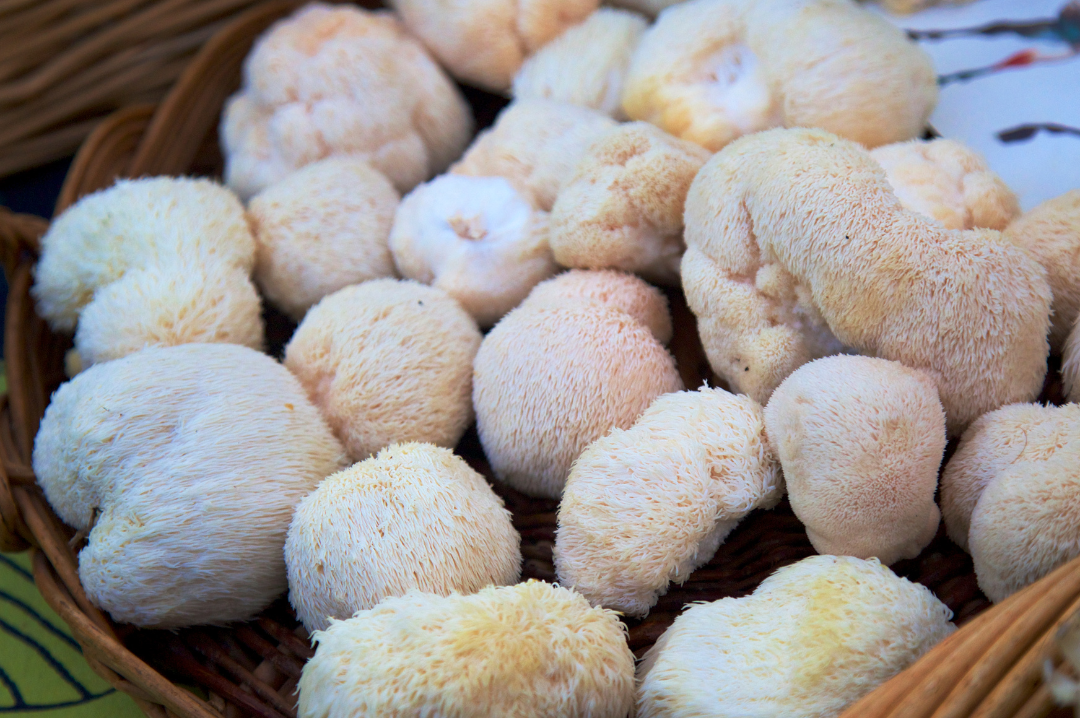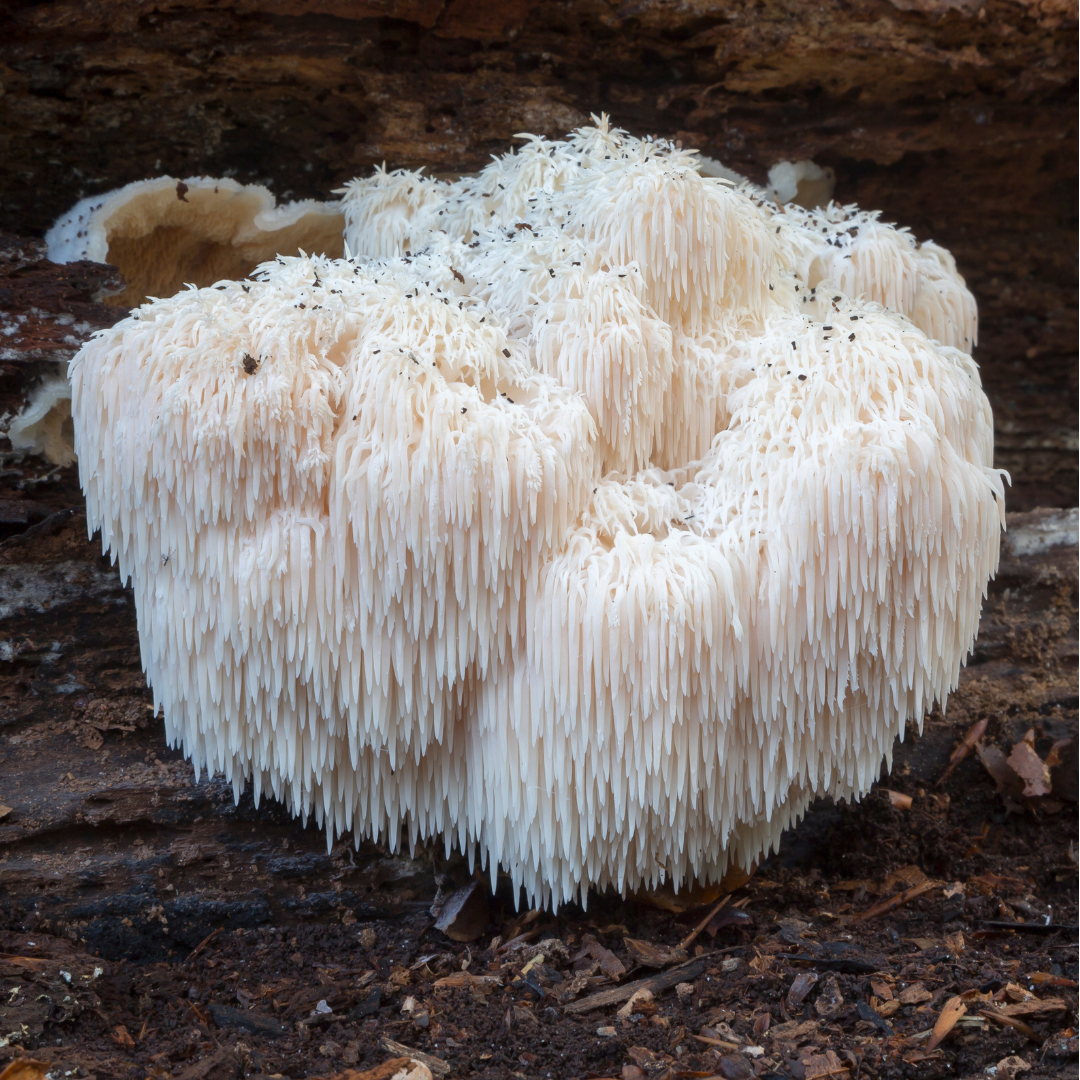
Read time: 2 min
In the fast-paced world we live in, the demand for cognitive enhancement has never been higher.
As people strive to excel in various aspects of life, the interest in nootropics, or substances that enhance cognitive function, has grown significantly.
While synthetic options exist, there is a rising trend towards natural nootropics, as individuals seek alternatives that promote brain health without the potential side effects associated with synthetic compounds.
In this blog post, we will delve into the realm of natural nootropics, exploring their potential benefits backed by scientific research.
Understanding Natural Nootropics:
Natural nootropics are substances derived from plants, herbs, and other natural sources that are believed to have cognitive-enhancing properties. These compounds often work by influencing neurotransmitter levels, increasing cerebral blood flow, or providing essential nutrients for optimal brain function. Let's explore some key natural nootropics and the research supporting their cognitive benefits.
- Ginkgo Biloba: Enhancing Cerebral Blood Flow
One of the most well-known natural nootropics is Ginkgo biloba, an ancient tree native to China. Research suggests that Ginkgo biloba may enhance cognitive function by improving cerebral blood flow and protecting neurons from oxidative stress. A study published in the Journal of Psychopharmacology found that Ginkgo biloba extract demonstrated positive effects on memory and attention in healthy individuals.
- Bacopa Monnieri: Memory and Learning Enhancement
Bacopa monnieri, an herb traditionally used in Ayurvedic medicine, has gained attention for its potential cognitive benefits. Numerous studies, including one published in the journal Psychopharmacology, indicate that Bacopa monnieri may enhance memory and learning abilities. The herb is believed to work by modulating certain neurotransmitters and promoting the growth of nerve endings.
- Lion's Mane Mushroom: Neurogenesis and Nerve Growth Factor (NGF)
Lion's Mane mushroom has been a subject of interest for its potential to support brain health. Research suggests that Lion's Mane may stimulate the production of Nerve Growth Factor (NGF), a protein essential for the growth, maintenance, and survival of nerve cells. A study published in the International Journal of Medicinal Mushrooms demonstrated the neuroprotective and cognitive-enhancing effects of Lion's Mane extract.
- Rhodiola Rosea: Adaptogenic Stress Relief
Rhodiola Rosea is an adaptogenic herb known for its stress-relieving properties. Studies, such as one published in the journal Phytomedicine, indicate that Rhodiola Rosea may improve cognitive function under stress and fatigue conditions. The herb is believed to modulate the stress response, reduce fatigue, and enhance mental performance.
- Ashwagandha: Balancing Stress Hormones
Ashwagandha, an adaptogenic herb used in traditional Ayurvedic medicine, has gained popularity for its potential to alleviate stress and improve cognitive function. Research, including a study in the Journal of Clinical Psychopharmacology and Neuroscience, suggests that Ashwagandha may reduce cortisol levels (a stress hormone) and improve memory and cognitive performance.
Conclusion:
As the interest in cognitive enhancement grows, natural nootropics offer a promising avenue for those seeking to optimize brain function.
While research supports the potential benefits of natural compounds like Ginkgo biloba, Bacopa monnieri, Lion's Mane mushroom, Rhodiola Rosea, and Ashwagandha, it's essential to approach their use with caution.
Individual responses to these substances may vary, and consulting with a healthcare professional is recommended before incorporating natural nootropics into one's routine. With a balanced and informed approach, individuals can navigate the world of natural nootropics to support their cognitive well-being.






